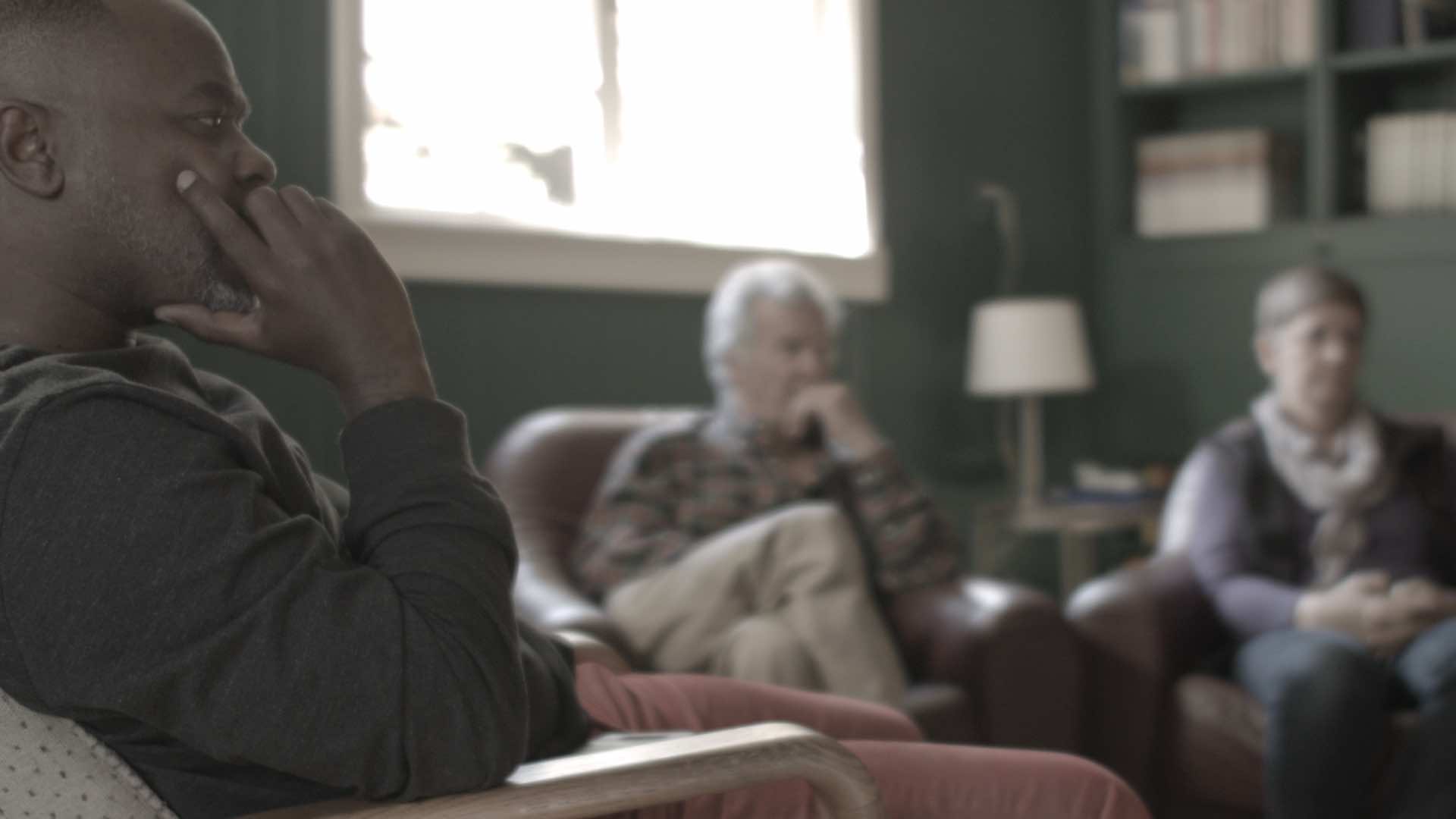By Gary Friedman

“You know, Gary. The difference between you and me is that I need you and you don’t need me.” When I heard this coming from Eric, an amazingly talented and courageous black man, I was completely taken aback. Eric and I were part of a multi-racial training team that was preparing to present a program on racial bias and transformation. We were committed to being honest with each other, particularly as part of our investigation of the deep underlying personal layers of racism that we were exploring.
I knew that there was a lot that I didn’t understand about both the perspective of people of color and my own unconscious racism. As I took in Eric’s statement about both himself and me, my first instinct was to respond by saying that it wasn’t true that I didn’t need him. But as he talked and I began to reflect I felt that there was some truth in what he said. After all, I had spent many decades living in ignorance of so much of what people of color were experiencing and at least on the surface, it hadn’t interfered with my life. I had managed to successfully create a work life of practicing and teaching mediation with very little contact with people of color. Living in a rather affluent community, I also knew that the professional mediation community was almost entirely white, so to that extent, what Eric had said about me was true. And I knew that as a white professional with some status in the professional community, I could open doors for Eric that he wouldn’t otherwise be able to access. Yet when I acknowledged the truth in his statement out loud, I felt awful. It clearly stung him to hear me confirm his statement, and I felt guilty, arrogant and sad.
But this was just the entry point of our discussion. As we talked more, we both realized that this statement was apparently true on the surface, but there were underlying layers that revealed a different picture.
At a deeper human level, I knew that my relationship with Eric was important, both because it offered me a rare opportunity to talk with a person of color who I cared about and who was willing to explore the deeper issues of racism that separated us and was causing so much pain in the world.
My picture of myself as a white liberal, not racist, had been punctured by the deep conversations we had been having about the many ways in which my privilege as a white man had provided me with advantages not available to him. Simply the differences in the color of our skin, for starters, opened doors for me and closed doors for him that made life easier for me and harder for him. So on this deeper level, my relationship with him mattered a lot to me.
But this wasn’t just personal. It was also cultural. I know that I need this relationship to shake things up and help me learn about the parts of my life that have been dulled or repressed by my whiteness. We, white people need to have people of color in our lives because the need for social change is so urgent and profound that all of us are affected by our current system in ways that erode the quality of lives for all of us. And most of all we need to heal the deep wounds that we all carry whether we know it or not from 400 years of white supremacy.
When I first responded to him acknowledging that he was right about my not needing him , I said “you know, Eric, while that might be true that I could walk away from our relationship and on the surface my life would continue rather undisturbed, what I realize is that because I choose to be in relationship with you, it actually feels stronger to me. Our friendship matters a lot to me and the fact that it is something I want might be a greater commitment than if I felt that I didn’t have an option to not have you in my life. And on a deeper level for you, maybe you don’t need me at all. While I might be able to open doors for you that might otherwise be closed, your emotional well-being may not be dependent on me. And I think that there are even deeper levels of this question of the difference between need and want that we haven’t explored.”
Eric responded “Maybe, but your saying you didn’t need me really hurts.” When I put myself in Eric’s shoes, even though it was painful, it felt important to understand how different the world looked to him than me, how layers of pain that came from our cultural differences added to the gulf between us. And how we both suffer from the institutionalization of discrimination that we carry today from so many years of inhuman treatment. And at the deepest level, I think we both know that the change can’t happen without each other.
Knowing this, I could already feel like I was being changed by this experience. There was a lot more to go, but we had opened something that felt quite profound that was bringing us closer to each other.
If you are interested in learning more about intentional conversations between the races, check out our upcoming training on October 5-6, 2019.